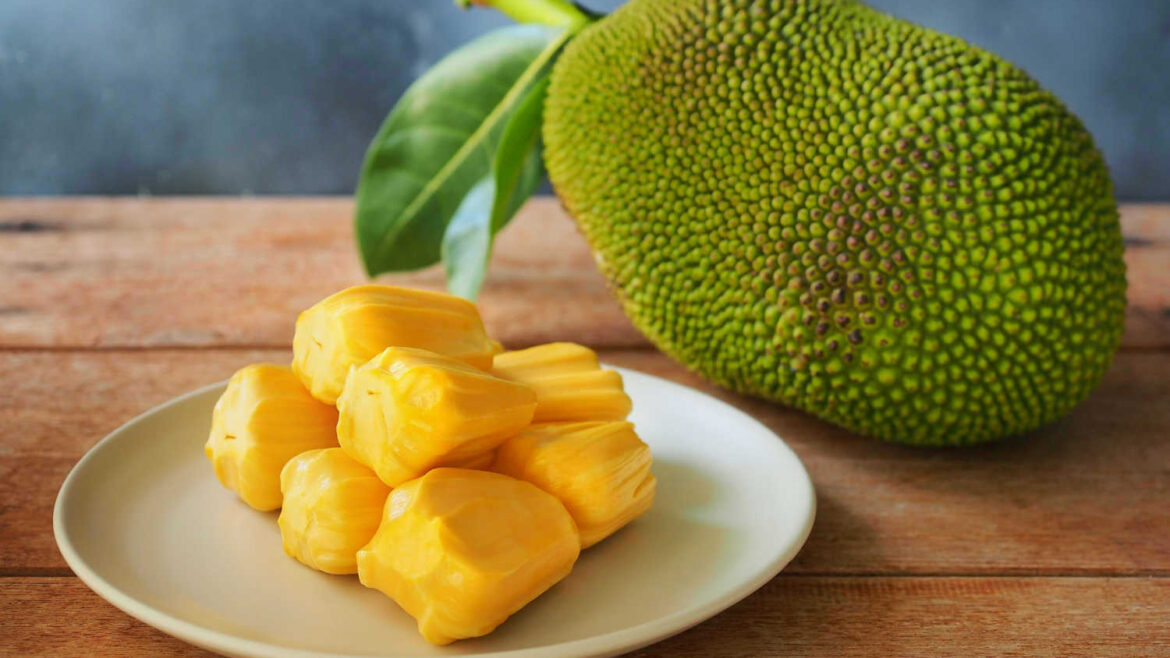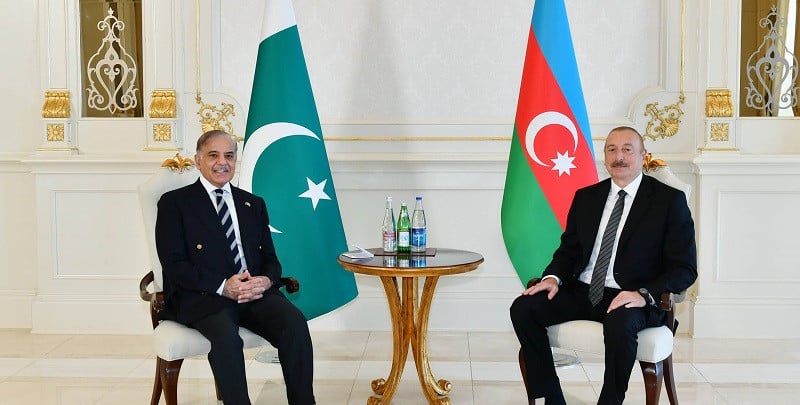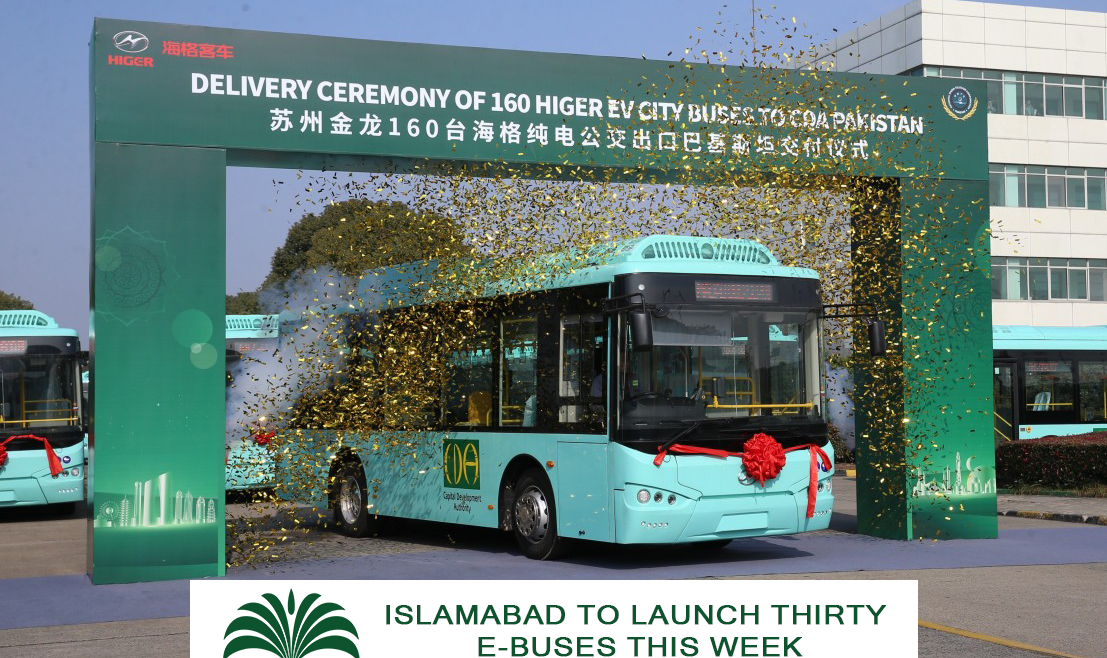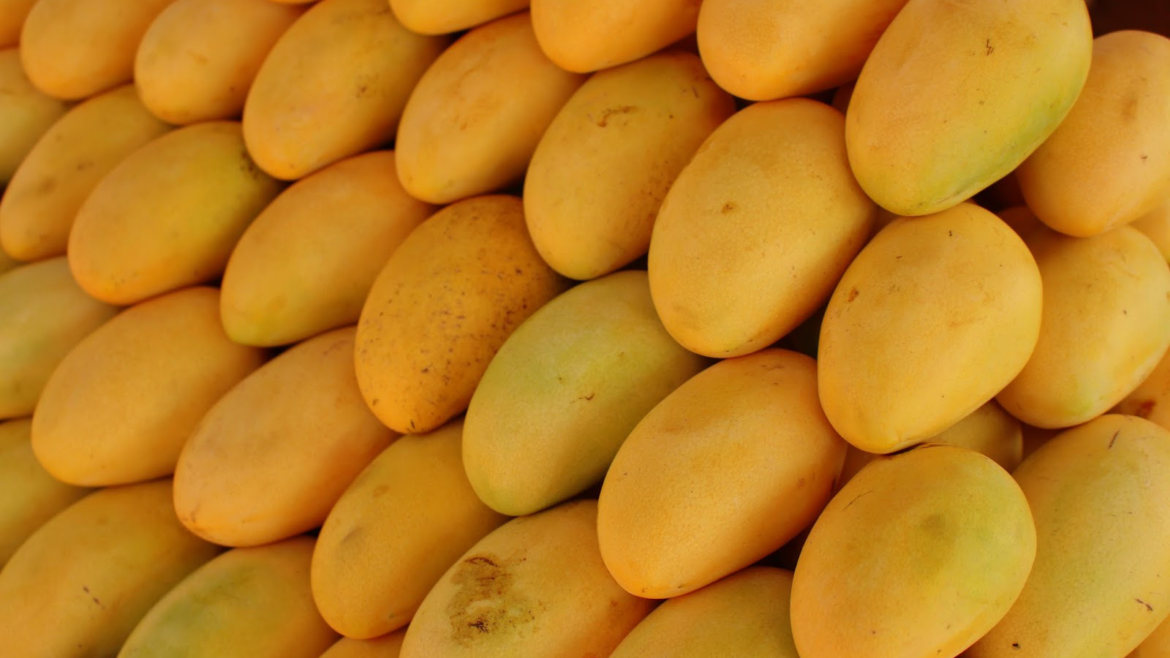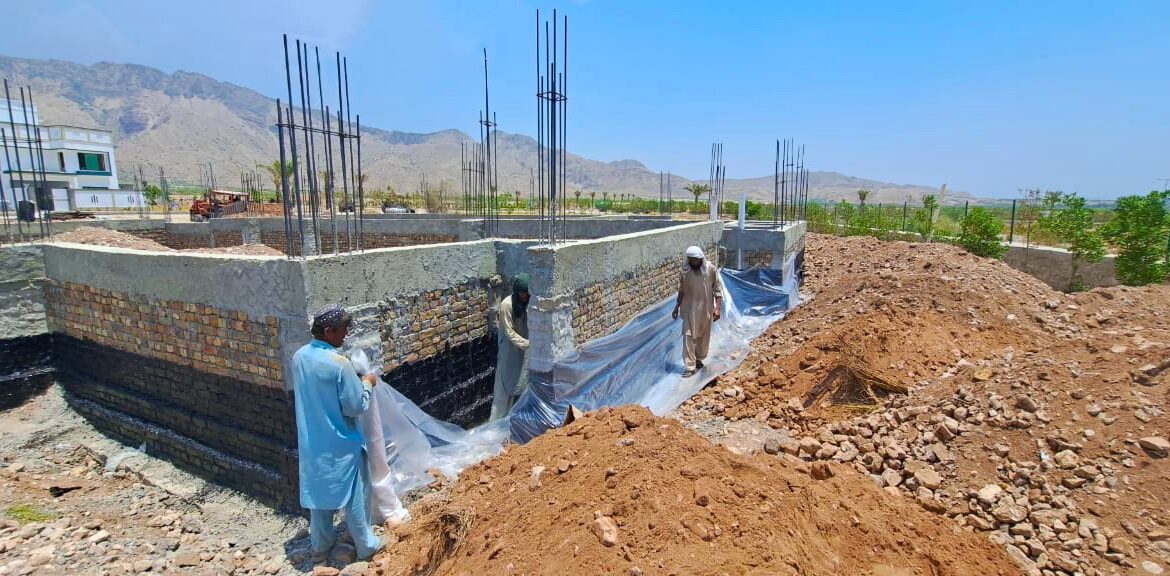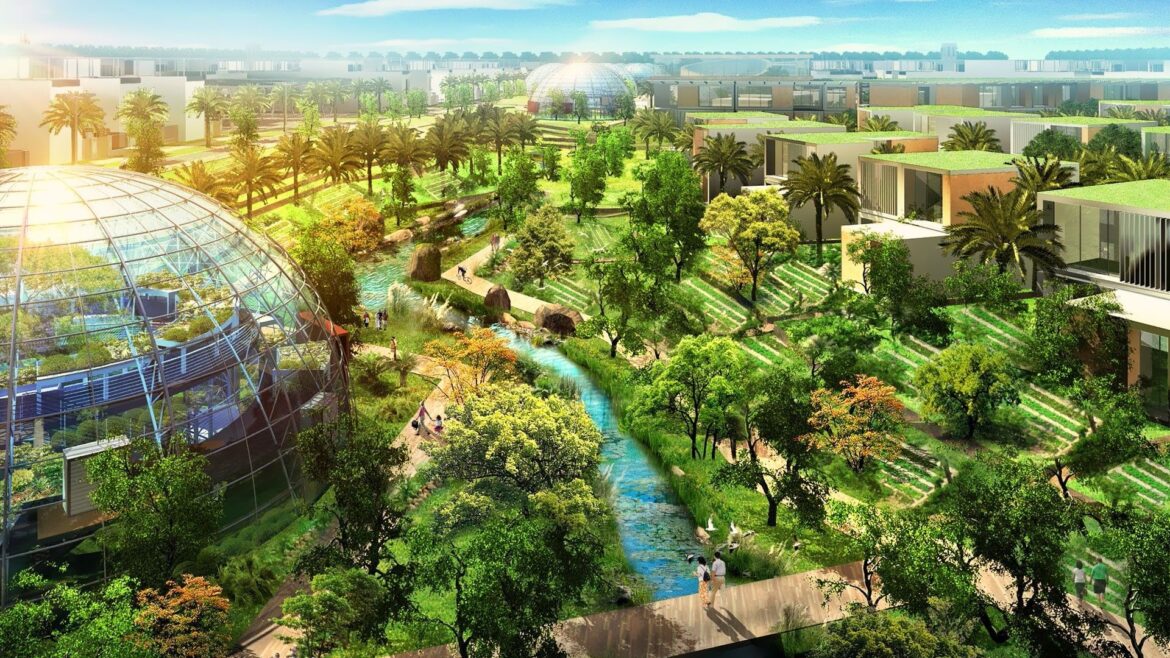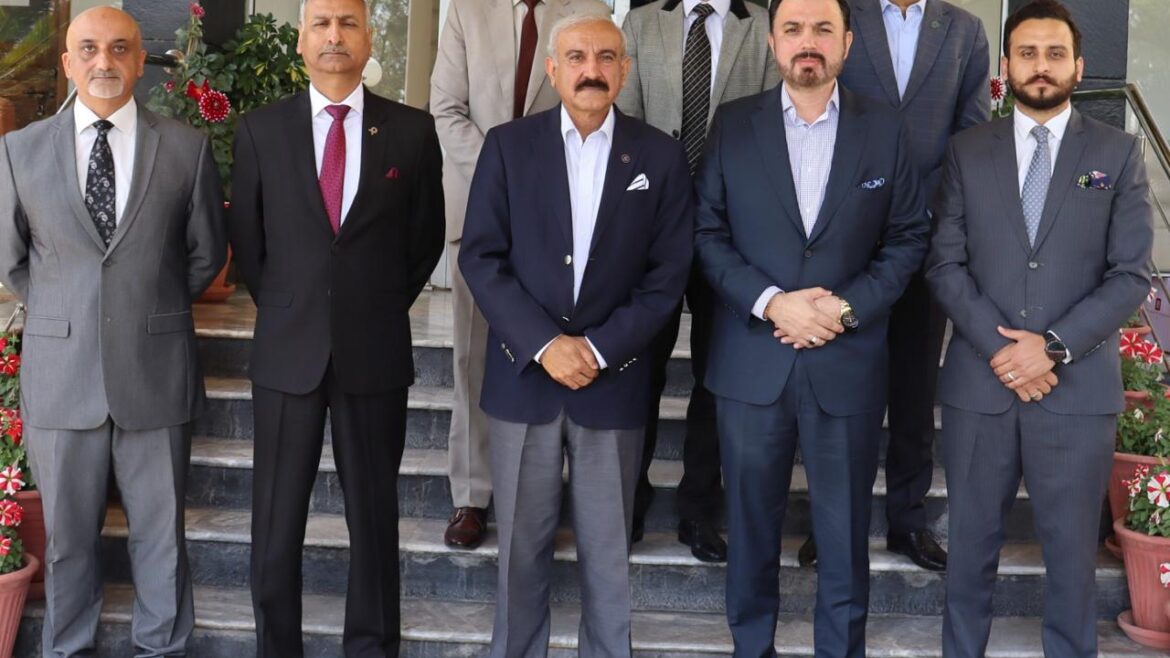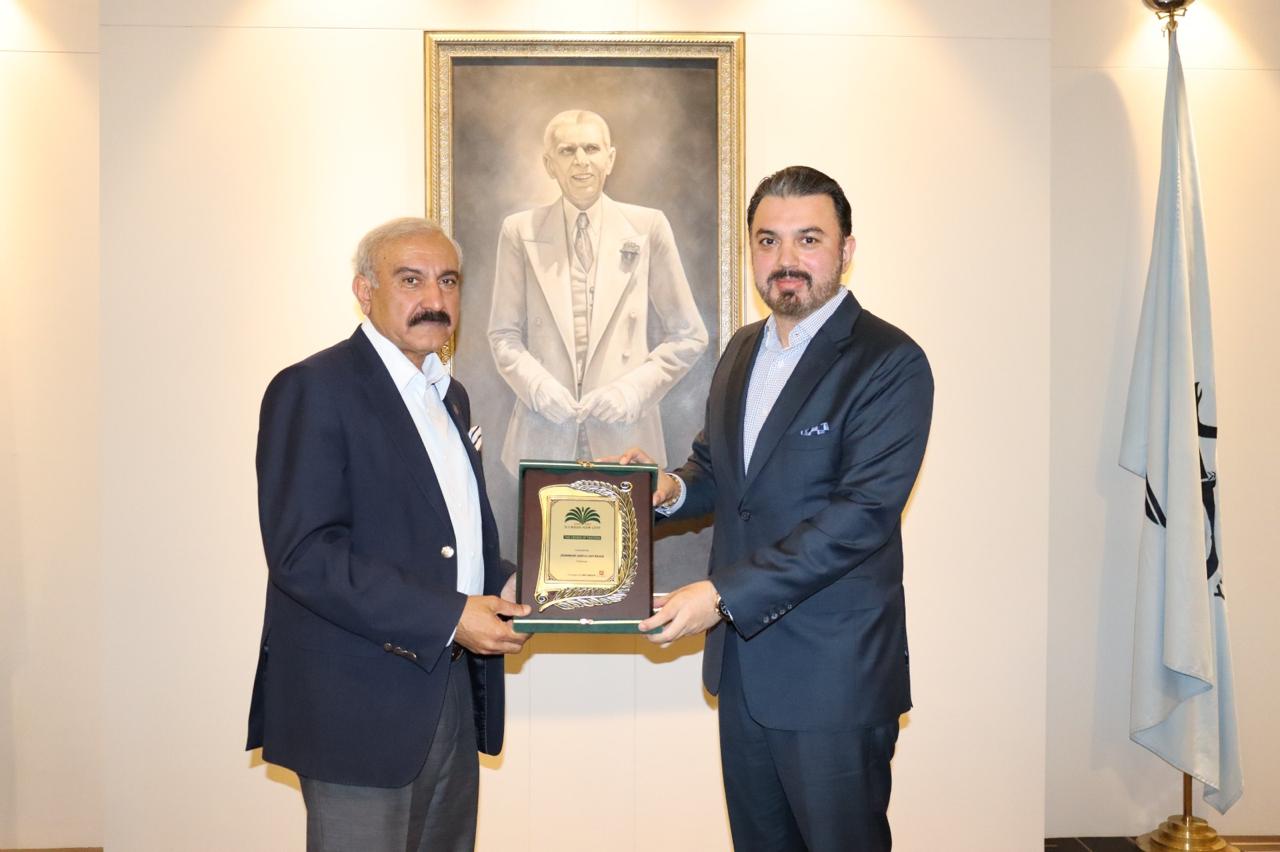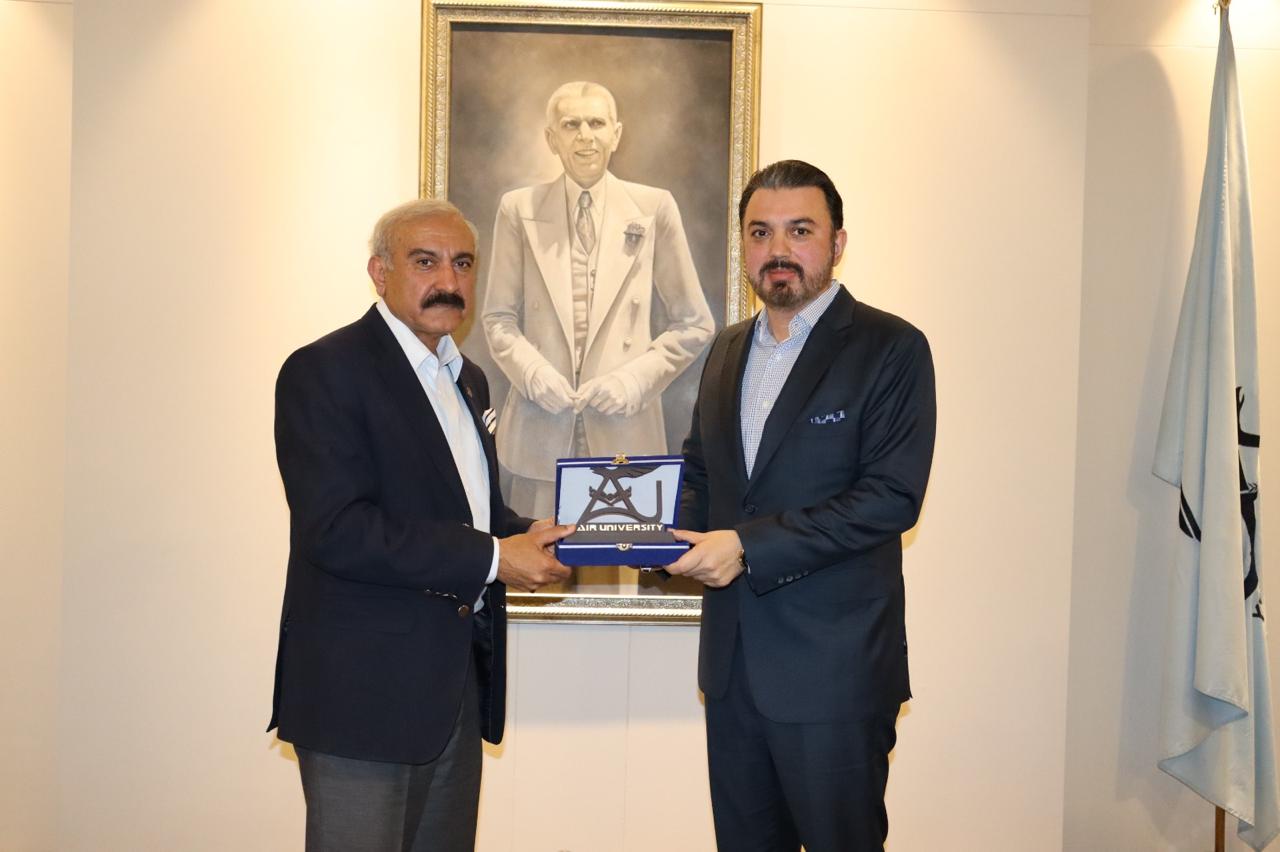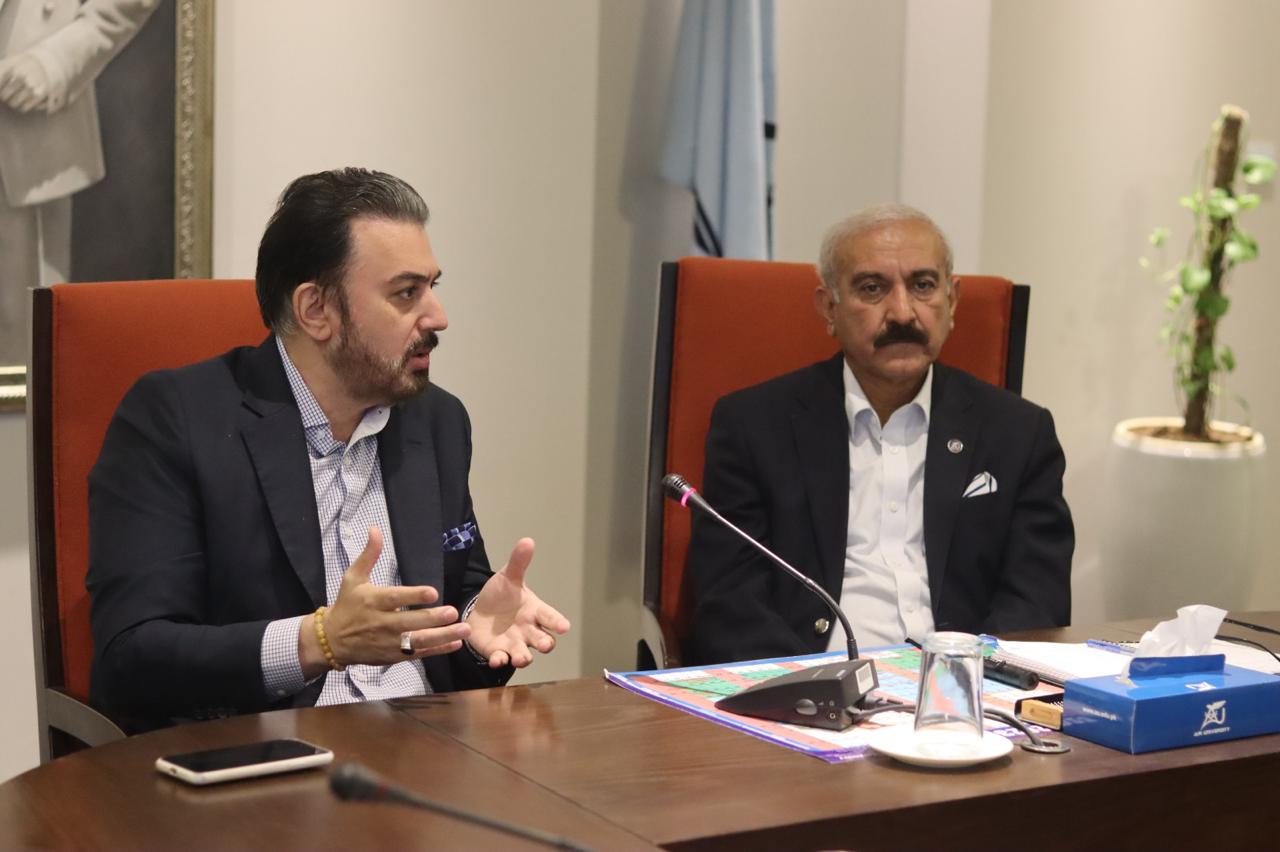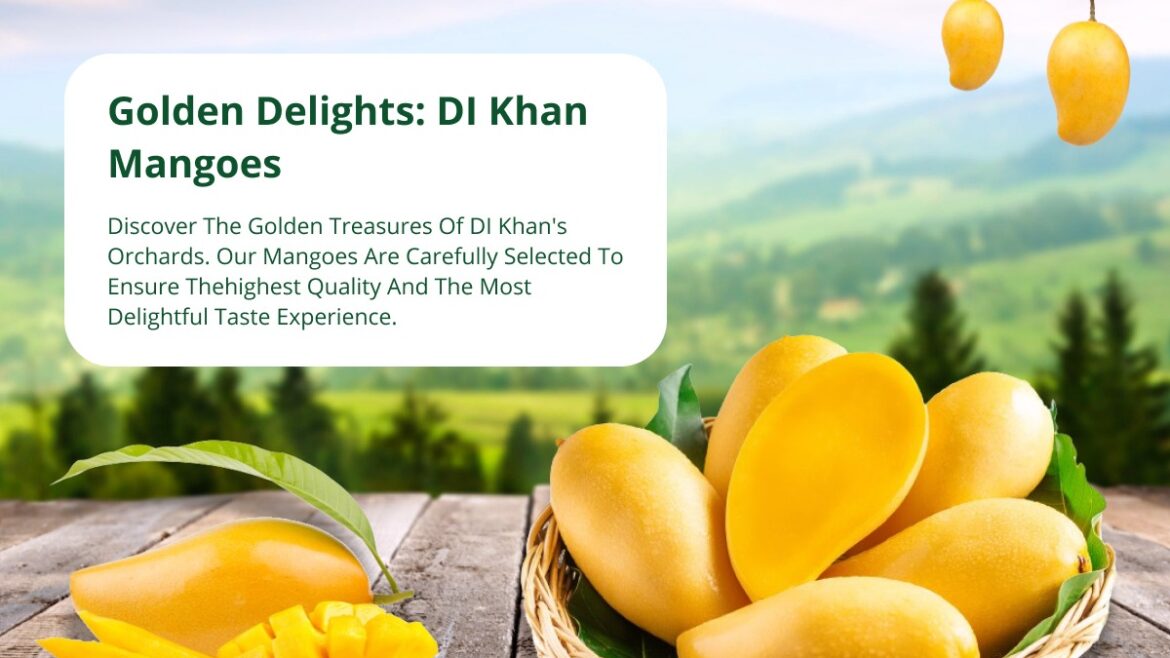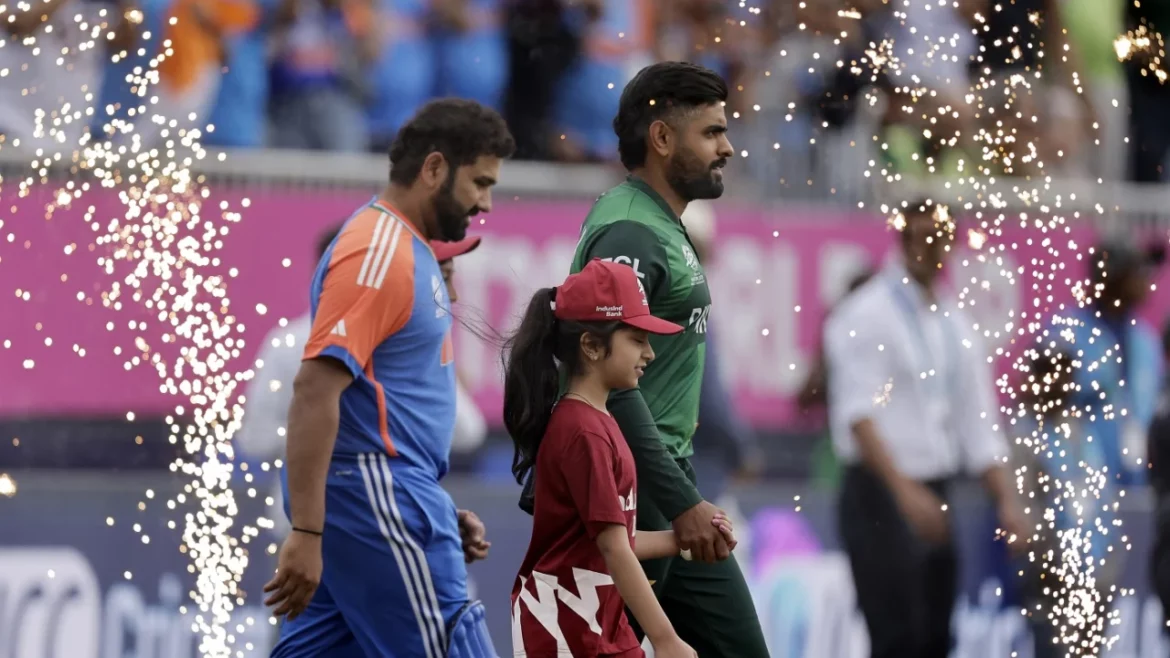According to a United Nations report, by 2050, 70% of the world’s population will reside in cities. This signifies a rise from the current 4 billion to an estimated 6.34 billion urban dwellers. Notably, 80% of this growth will occur in developing regions of Asia and Africa. In the early 21st century, there were only 10 cities with populations exceeding 1 million; today, there are over 450 such cities. This rapid expansion necessitates a doubling of resources, which poses significant challenges to sustainability efforts.
The Consequences of Unsustainable Urban Expansion
Cities failing to evolve sustainably encounter numerous management issues, such as inadequate service provision, infrastructure deficits, poor land management, social integration challenges, and the impacts of climate change. These problems often lead to peri-urban and suburban sprawl, resulting in a gradual de-densification of urban centers, currently estimated at a 2% annual decline. For instance, Islamabad’s urban population decreased by 15% in the 2017 census, while its peri-urban areas saw a 6.95% increase.
Global Urbanization Trends
Urbanization patterns differ between developed and developing countries. Historically, 80% of the population in developed nations concentrated in a few sustainable cities. Conversely, in developing countries, urban populations are often concentrated in a limited number of cities lacking basic amenities. In Pakistan, for example, 54% of the urban population lives in just 10 major cities, with this figure continually rising.
Over the next six years, middle-income countries such as Pakistan, India, South Africa, and Indonesia will contribute 80% of the additional global urban population. This growth is evidenced by the rapid development of informal settlements. While cities generate 80% of the world’s GDP, rapid urbanization has diminished their economic allure, particularly in developing and least developed countries, where per capita income has significantly declined, posing threats to sustainable urbanization.
Features of a Sustainable City
1. Convenient Access to Public Resources
Sustainable cities prioritize citizen welfare, ensuring accessible healthcare, education, transportation, waste management, and other essential services. These cities adapt efficiently to changing circumstances, with infrastructure designed to accommodate growing populations and resource consumption.
Examples:
- New York: Post-Hurricane Sandy, the city implemented a comprehensive resilience plan, including transportation, public insurance, buildings, telecommunications, and healthcare improvements.
- Johannesburg: To address transportation issues post-ethnic violence, the city connected densely populated urban areas with a robust mass transit system, controlling urban sprawl and promoting densification.
2. Preservation of Public Spaces and Welfare Initiatives
Creating livable environments requires robust mechanisms to maintain public spaces, ensuring they remain serviceable. Sustainable cities prioritize the upkeep of streets, parks, community centers, and waste management systems, preserving cultural heritage and infrastructure.
Example:
- Melbourne: Offers rewards/rebates for property owners who maintain sustainable and energy-efficient properties.
3. Responsible Consumption and Recycling
Sustainable cities utilize resources intelligently and emphasize recycling. They aim to minimize waste and have robust recycling systems in place.
Example:
- San Francisco: Recycles over 80% of its waste, with a goal of achieving 100% recycling capacity.
4. State-Managed Natural Resource Utilization
In developing nations, natural resources are often exploited by individuals. Sustainable cities ensure the ethical use of resources and state-managed distribution, providing adequate resources to all citizens.
Example:
- Water Management in Pakistan: To prevent the depletion of underground water resources, sustainable practices and state regulation are essential.
5. Reduced CO2 Emissions
Sustainable cities aim to reduce CO2 emissions through renewable energy use, eco-friendly transport, efficient waste management, and energy conservation at domestic levels.
Example:
- Shenzhen, China: Introduced over 6,000 climate-friendly vehicles in 2013, reducing carbon emissions significantly.
6. Smart Building
Tech-based real estate development, including energy-efficient and connected buildings, is crucial for sustainable cities.
7. Urban Farming
Urban farming, such as rooftop gardens and vertical farming, addresses the need for local food production, supporting sustainability.
Sustainable Cities: The Future
Sustainable cities represent the future, particularly in countries like Pakistan, where rapid urbanization presents challenges for urban planners. Gradual implementation of sustainability features can significantly improve urban living conditions.
Summary
Discover the essential characteristics of sustainable cities. From efficient public resource access to responsible consumption and CO2 reduction, explore how cities like New York and San Francisco are leading the way. Learn about the future of urban farming and smart building for a sustainable urban future.

